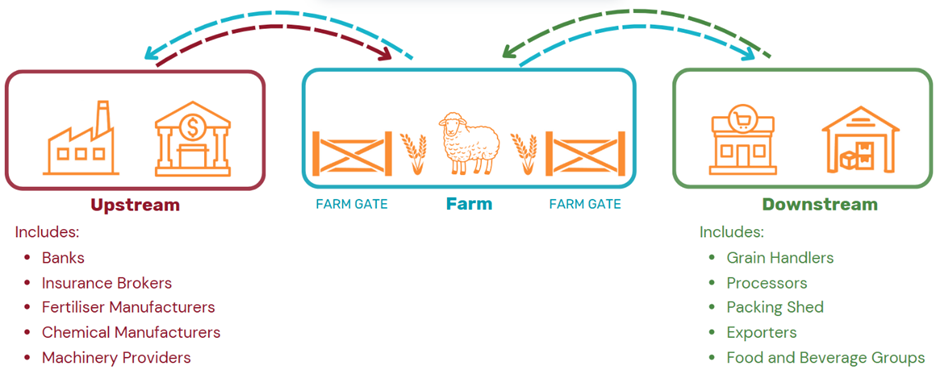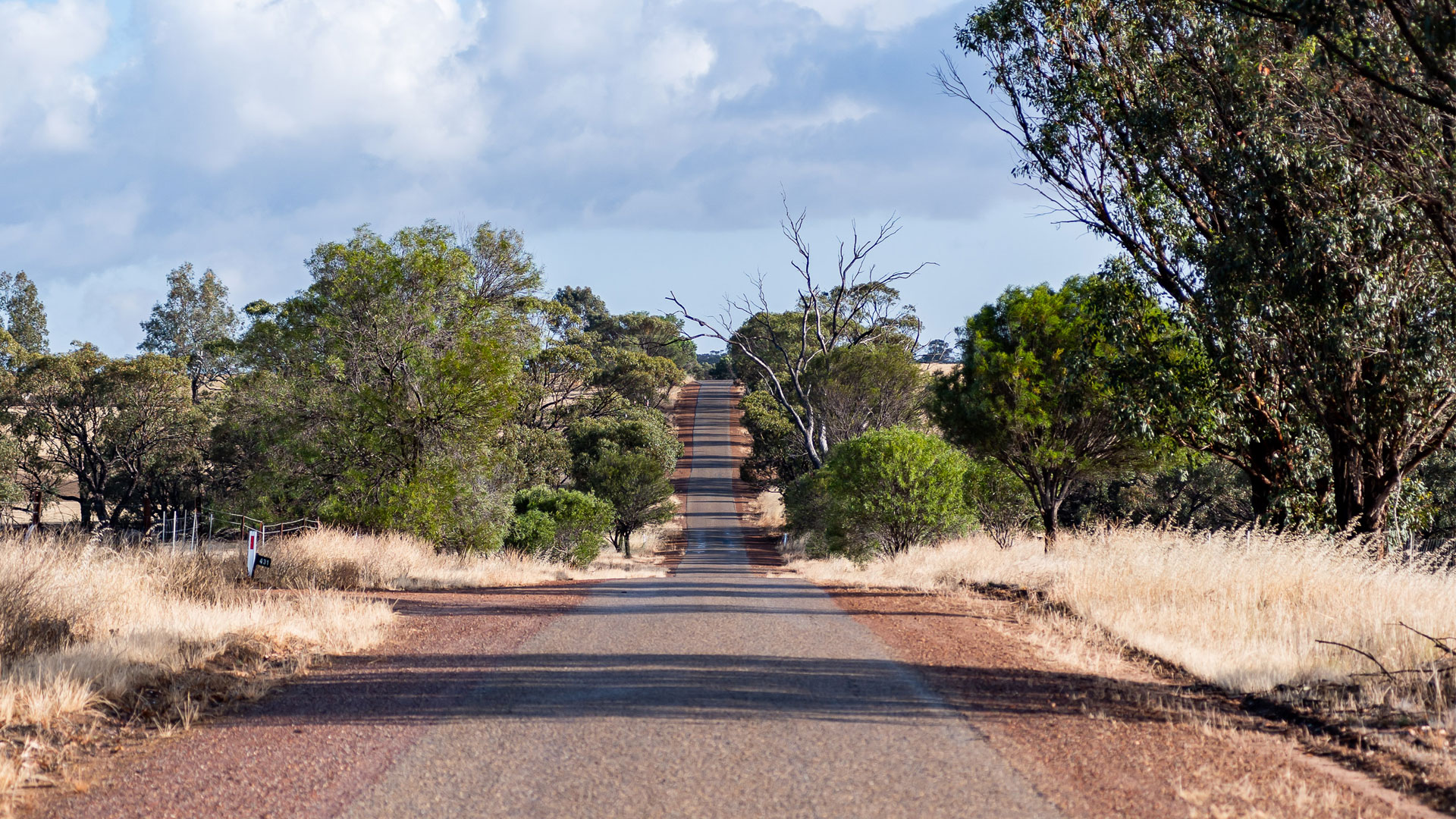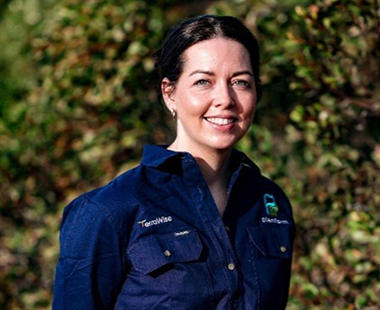This article was first published in the July 2025 issue of TerraWise Insights. To get the latest updates and insights, subscribe today.
Whether or not you’re actively measuring your farm’s emissions, chances are that someone else along your supply chain is.
Did you know that many of the businesses you deal with, farm suppliers, banks, exporters and retailers, already track their emissions each year? Some have been doing so for several years. It’s not always advertised, but it’s happening. We know because we are in regular conversations with them.
And here’s the thing: if the businesses you work with are tracking their emissions, and those emissions include your farm… why aren’t you?
Why do they track their emissions?
Because they have to.
Climate-related financial disclosures are now a legal requirement for many companies in Australia. These rules don’t just cover what happens inside their own operations. They also include scope 3 emissions, which are the indirect emissions produced across their supply chains.
But even before this legislation, businesses were reporting. Some were directed by overseas parent companies in regions where this kind of reporting is already mandatory. Others recognised climate exposure as a business risk and began tracking it. Many did so to meet the expectations of overseas customers already demanding emissions data.
Why do they include you in their reporting?
Because your farm falls under their scope 3 emissions, that is, the emissions from upstream suppliers or downstream customers. If they buy from you, finance you, or carry your product to market, your footprint becomes part of theirs.

How do they track your emissions?
In short, it varies.
Some use broad emission numbers tied to commodities or regions. For example, under ISCC certification, emissions reporting is required. However, as a grain producer, you don’t need to provide your own emissions data because CBH reports emissions using a state-wide factor for canola, based on a CSIRO report from a few years ago.
Others, like fertiliser companies or banks, combine ABARES or ABS data with farm inputs or sales records. And yes, we know how poorly those databases often reflect on-farm reality.
Some are already going further and asking for farm-specific data. We have seen direct requests from Coles and Woolworths. Farmers closer to the consumer, especially in livestock and horticulture, are seeing this shift first.
Either way, your farm’s emissions are being estimated. And that data is being used in sustainability reports, market access, risk assessments, and investor briefings. But unless you’re supplying the numbers yourself, you have little control over how your farm is being represented.
So, what does this mean for you?
First, you have time.
This shift is still new. Even the big companies are finding their feet, which is why the quality of emissions data varies so much. It’ll take a few years (and a few false starts) before emissions reporting becomes business as usual.
But second, emissions reporting will become business as usual. For all businesses. And it will take a few goes as a farming business to get it right.
And as it does, emissions data could influence.
- Market access: Retailers and processors may begin to favour suppliers with low or improving emissions profiles.
- Pricing pressure: Higher emissions could mean tighter margins or reduced premiums.
- Finance access: Banks are already starting to assess climate risk in lending decisions.
The timing and impact will vary across commodities. But eventually this shift will reach everyone.
So ask yourself:
- Do you want to be benchmarked using national averages that don’t reflect your operation?
- Do you want your emissions overstated because of incomplete or inaccurate data?
- Could that impact your future market or financial access?
- Or do you want to know your numbers, understand what’s driving them, and take control of your story?
Because ready or not –
They’re counting your emissions.
Are you?


